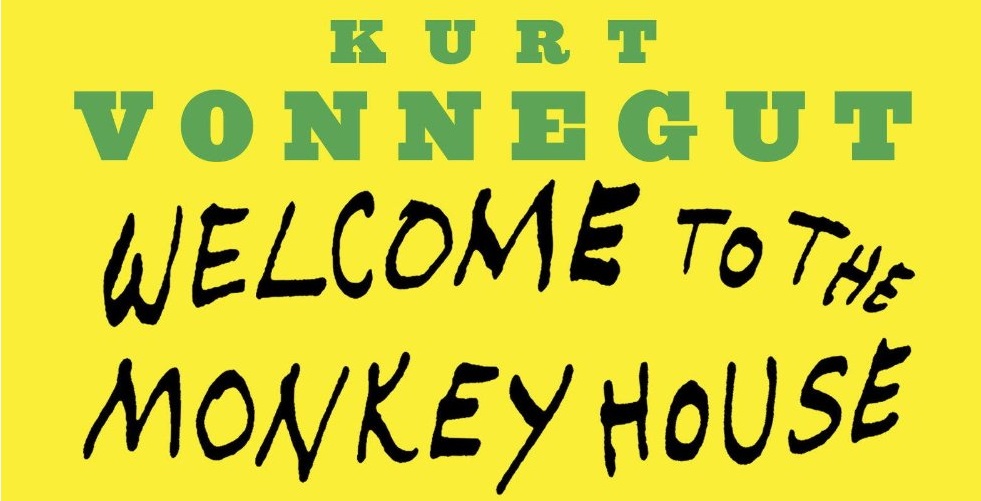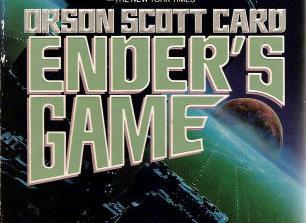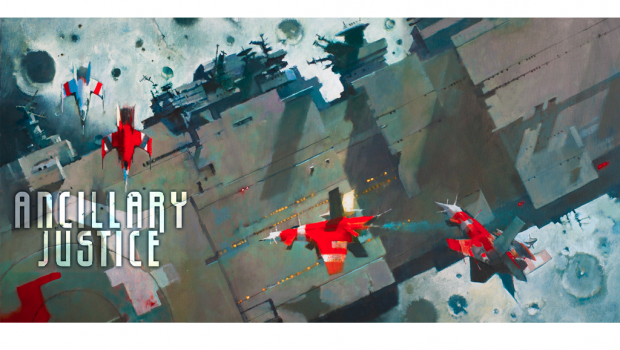|
We’re halfway through our workshops for Intellectual Property, and so far, all I can say is it this show is about a heck of a lot of things. Power. Revolution. Leadership. Water Scarcity. Betrayal. The FUTURE. And most importantly, a future where Soul Transfer is possible. You wake up one day, and you’re you…. but you’re in another body. In our future world, there’s no magic soul switching à la Freaky Friday. There are physical consequences and moral betrayals attached to the procedure. And who benefits from it and who is exploited by it, personally and globally, is an ongoing question. Soul Transfer is heady stuff. Like, this shit is literally metaphysical. It’s hard to talk too much about it without feeling like you’re on some existential trip. However, as we explore the topic, I continue to find parallels between 2016 and our future 2066. It’s that weird mix of familiar and boundary pushing that I associate with some of my favorite works of science fiction. I love SciFi because of the ways it makes me think about today through the lens of tomorrow; Star Trek is a particularly beloved example of this. It feels wrong to say I’m an expert on sci-fi (I think core company member Russ has a better claim to that title than I do) but there’s definitely works that were pivotal to me growing up., Here’s three keys works that keep emerging for me as I dig into Intellectual Property: Kurt Vonnegut, Welcome to the Monkey House This is a compilation of Vonnegut's early short stories; not all are sci-fi, but every story has the twists, turns, and biting satire I associate with Vonnegut. This book BLEW MY MIND OPEN as a 12 year old. In relation to Intellectual Property, I particularly keep returning to “Unready to Wear,” about a new group of amphibious, body-less souls battling the government for their new rights. Seriously though, most everything in here is gold. Orson Scott Card, Ender’s Game Another book I read endlessly as a child. I may have some problems with Orson Scott Card's personal and political and social beliefs, but I think Ender's Game stands on its own as an AMAZING novel. Card's depiction of power & dissemination of information in his world, especially through the subplot following Ender's brother Peter Wiggin, has been really influential to me as we think about truth and leadership in Intellectual Property. Within any movement, what is true? What is rhetoric? What is propaganda? And how much does it matter in the end? Anne Leckie, Ancillary Justice, This is a new series, which I find fascinating. Ship AI's can take physical form through hundreds of lifeless captured bodies, "ancillaries," giving human form, swarm-like, to the AI consciousness. What happens when a ship is destroyed and only one body remains? The book is nimble, quick, intelligent, and has a lot to say about identity and self, as well as the ethics of body/soul transfers. I highly recommend it!
Happy reading y’all. I’d also love to hear suggestions if you know SciFi that relates to any of the Intellectual Property themes! Comments are closed.
|
Archives
November 2020
|





 RSS Feed
RSS Feed




